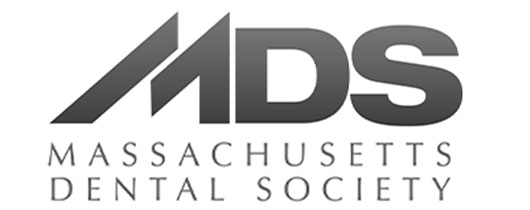Gum is great—many people chew it after a meal for fresh breath, or simply because it’s a habit they have. Despite its benefits, a lot of people believe that gum is bad for them. While gum may seem like an indulgent treat, it’s one of those things that isn’t necessarily bad for your teeth. However, there are some exceptions, of course…
Does Chewing Gum Help Teeth?
Believe it or not, there are types of gum out there that will actually improve your oral health. To find them, look for brands that have the American Dental Association (ADA) Seal of Acceptance on their labels.
Which Gums Have the ADA Seal of Acceptance?
The ADA has only awarded the seal to sugar-free gums. Fortunately, there are a decent amount to choose from, including: Dentyne, Orbit, Bazooka, Trident, Extra, Eclipse, and 5 Sugarfree Gum.
Before purchasing these gums, check to make sure they have the ADA Seal. Some gum brands, for example, offer gums that include sugar and gums that don’t.
Why Haven’t Gums With Sugar Received the ADA Seal?
Sugar is actually very harmful to teeth. Imagine that you have hundreds of bacteria in your mouth, most of them beneficial (this isn’t just a mental exercise—it’s a fact!). When you consume sugar, harmful bacteria actually feed on the sugar, creating acid.
This acid is what destroys tooth enamel. Cavities are a bacterial infection that’s created by acids, and it’s what causes your teeth to develop holes.
How Does Sugar-Free Gum Help My Teeth?
Sugar-free gum is great for your teeth for a number of reasons. For one thing, the act of chewing increases saliva production. Saliva is extremely beneficial, because it neutralizes enamel-destroying acids and washes away food particles.
If your gum contains Xylitol or Recaldent, it’s an even better choice. Some studies have shown that the sugar replacement Xylitol actually decreases the number of harmful cavity-causing bacteria in your mouth. The other ingredient we mentioned, Recaldent, remineralizes and hardens tooth enamel. This makes teeth stronger and less likely to experience decay.
These benefits aren’t just speculation either. Chewing sugar-free gum for 20 minutes after meals and snacks has been proven to help protect teeth. In fact, more than 25 National Dental Associations have recognized the scientific evidence supporting sugar-free gum.
If I Chew Gum, Can I Skip Flossing and Brush Less Often?
Nice try…while you may be inclined to chew a piece of gum after dinner and then hop into bed without brushing, we can’t recommend that. Chew gum to improve upon your current dental habits, not to replace them.
Having said that, if you can’t brush immediately after eating, we encourage you to chew on a piece of sugar-free gum. That activity—combined with daily brushing, flossing, and regular dental checkups—will help to keep your teeth clean and healthy.
Speaking of those dental checkups, it’s easy to schedule your appointment with Hassey Do Duy if you’re due for one. Simply make your request online by clicking here or by calling us at 978.688.4441. We’re happy to offer evening and weekend hours for your convenience in our Methuen office.




